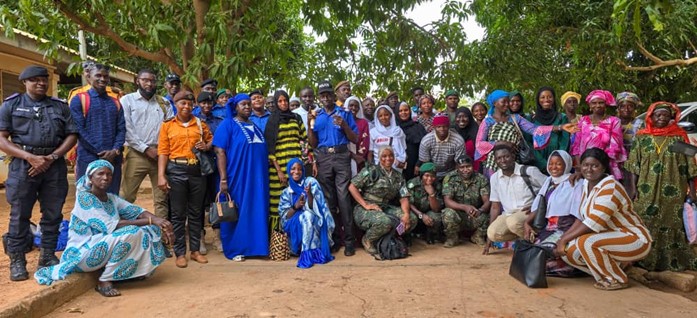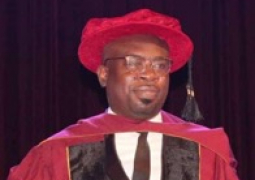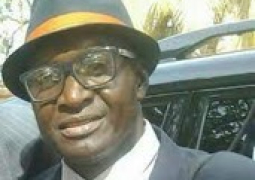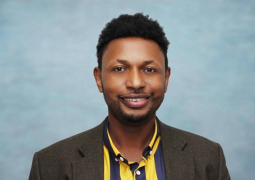
In a country where trust between civilians and security forces is often strained, ActionAid International, The Gambia (AAITG) is taking bold steps to change the narrative. In a groundbreaking move, AAITG recently convened a Community Security Bantaba in the North Bank Region, a day-long dialogue aimed at fostering cooperation and building bridges between the security services and the public they serve.
Held under the Local Rights Programme 9 (LRP9), the forum brought together police, army, community leaders, youth representatives, and residents to confront rising concerns over national security, misinformation, and the role of citizens in maintaining peace and order.
“Security is a national concern, and it can’t be left to government institutions alone,” said Omar Trawally, member of the North Bank Regional Youth Committee. “Citizens must understand the role and challenges of our security services. In return, the security forces must also be responsive to the rights and needs of the people they protect.”
Trawally described the event as “crucial” and praised the open dialogue it encouraged. “Development is not just about infrastructure. It’s about empowering people to engage with issues that affect their daily lives. Today, we've learned that legal awareness can save lives, and ignorance is not an excuse in the eyes of the law.”
Building Mutual Trust
For years, many Gambians have seen security as the sole responsibility of uniformed forces. But as cross-border threats, armed robbery, and drug abuse rise, communities are beginning to understand that safety is a shared duty.
Adama Nyan, a youth leader from Jokadu, left the forum inspired to take action. “I now realize that I have a role to play. Reporting suspicious behaviour, educating my peers about drug abuse, and promoting peace are part of my civic responsibility. I used to think security was just a police issue, but today I changed that.”
The forum wasn’t just a learning platform for civilians. It also gave security officers a chance to demystify their work and break down long-held misconceptions.
Inspector Almameh E. Susoh, Regional Taskforce Commander in Farafenni, emphasized the importance of such gatherings. “Civilians are the majority, and we can't be everywhere at once. Through collaboration and communication, we can detect and prevent crime early. This isn’t just about policing, it’s about building a safer Gambia together.”
Inspector Susoh noted that proactive community engagement is a cornerstone of modern policing. “We believe in preventing crimes before they happen. These bantabas help build trust, clarify our roles, and allow us to listen to the community’s concerns.”
A Strategy That Works
According to Saikou Darboe, Manager of LRP9 at ActionAid, the idea of the security bantaba was first born out of necessity last year.
“We saw the rising tension and misunderstanding between young people, the public and persons with disabilities, and law enforcement. So, we created a safe space where both sides could listen, learn, and reconnect.”
Since then, the initiative has seen a visible impact. “Young people who once feared the police now see them as partners in peacebuilding. These sessions are not just dialogues; they are seeds of transformation. And we are committed, inshallah, to sustaining this momentum.”
A Shared Responsibility
For Mariama Secka from Ngene Sanjal, the event was an eye-opener. “We all want the same thing, peace. But for that to happen, we must communicate, collaborate, and commit to understanding each other.”
She urged fellow citizens to move beyond blame and actively participate in the country’s peace and security processes.
Moving Forward
This security bantaba is more than a one-off event; it is part of a broader peacebuilding strategy by ActionAid to strengthen citizen-state relationships, especially in underserved rural communities. With plans to expand the dialogues across the country, AAITG is signalling that sustainable peace is possiblewhen people talk, listen, and act together.
As Omar Trawally powerfully put it: “This dialogue is not charity; it's our right. Peace starts with understanding, and understanding begins with conversation.”




